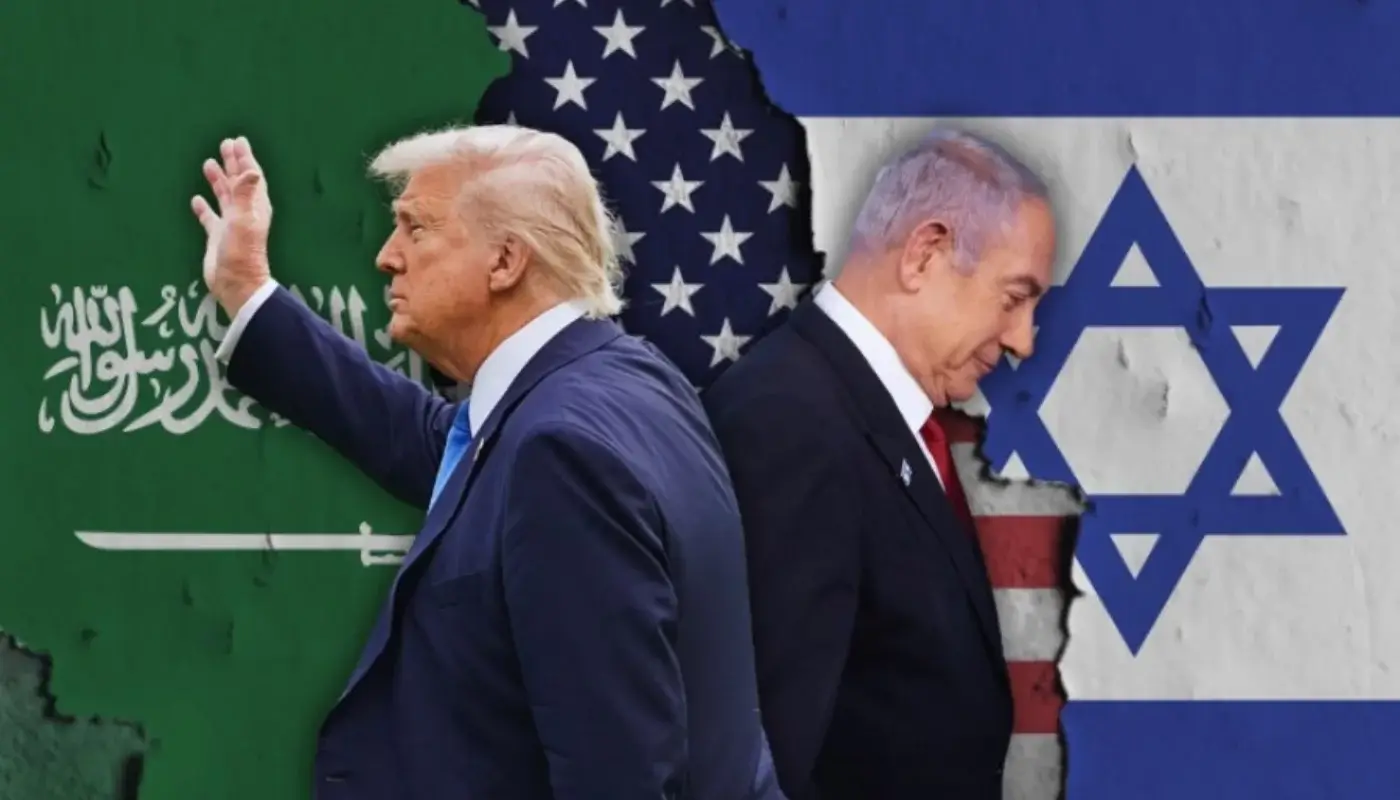Is Trump on the verge of recognizing a Palestinian state—will the balance of power in the Middle East change?

Reports that U.S. President Donald Trump is preparing to recognize Palestine as an independent state have caused a major stir in the international political arena. This was reported by The Jerusalem Post, citing its sources in Gulf countries.
According to the information, Trump may announce this decision during his planned visit to the Middle East in mid-May, particularly at the summit scheduled to take place in Riyadh, the capital of Saudi Arabia. He is expected to meet with the leaders of Gulf Arab states at this summit.
A New Wave for the "Abraham Accords"?
The Jerusalem Post's source emphasizes that if the U.S. officially recognizes Palestine, it will significantly alter the balance of power in the Middle East and could increase the number of countries joining the "Abraham Accords."
This move would not just be a diplomatic step, but also a possible re-evaluation of America's strategic interests in the region.
UN Resolutions and International Law
The issue of recognizing Palestine as a state has long been reflected in UN resolutions and international legal documents. However, the Israeli administration has consistently opposed this.
On July 18, 2024, Israel's parliament, the Knesset, adopted a resolution rejecting the establishment of a Palestinian state by a majority vote. This decision was widely criticized internationally. UN Secretary-General António Guterres opposed the decision, emphasizing that the two-state solution—establishing an independent Palestinian state within the 1967 borders, with Jerusalem as its capital—is the only reasonable way to achieve stability.
Macron also planning to recognize Palestine
French President Emmanuel Macron recently indicated that Paris is preparing to recognize Palestine soon, reflecting a shift in Europe's stance.
U.S. Ambivalent Policy
Until now, the United States has officially supported resolving the conflict based on a two-state solution. However, in practice, Washington has often defended Tel Aviv's positions against Palestine.
Palestine's efforts to become a full member of the UN have been repeatedly blocked, primarily due to U.S. opposition. Specifically, in April 2024, a draft resolution regarding Palestinian membership was rejected by the UN Security Council solely due to U.S. resistance.
Trump's Position—A Serious Shift or a Political Maneuver?
If Trump formally announces recognition of Palestine, it could represent a significant political blow to the Israeli administration. Some analysts are calling it a potential "shock effect." Currently, U.S.-Tel Aviv relations appear increasingly strained.
For instance, a meeting between Benjamin Netanyahu and Donald Trump in early April was described by U.S. media as a diplomatic failure. Netanyahu reportedly could not influence Trump on critical issues such as Iran and Turkey.
HAMAS, Gaza, and the "Real Estate" Issue
Meanwhile, it has been reported that the White House administration is pressuring the Israeli government to reach an agreement with HAMAS. According to The Times of Israel, Trump's special envoy for the Middle East, Steve Witkoff, warned Israel, "If you don't accept U.S. demands, you will be isolated."
Additionally, Trump previously drew criticism for statements about relocating Gaza's population to neighboring countries and redistributing the region as "real estate."
This has led analysts to question whether Trump genuinely intends to recognize Palestine.
Whether the new U.S. stance on the Palestinian issue becomes an actual step or merely a political maneuver will soon become clear. However, one thing is certain: Trump's potential announcement could trigger significant shifts in Middle Eastern geopolitics. Read “Zamin” on Telegram!
Ctrl
Enter
Found a mistake?
Select the phrase and press Ctrl+Enter 





















